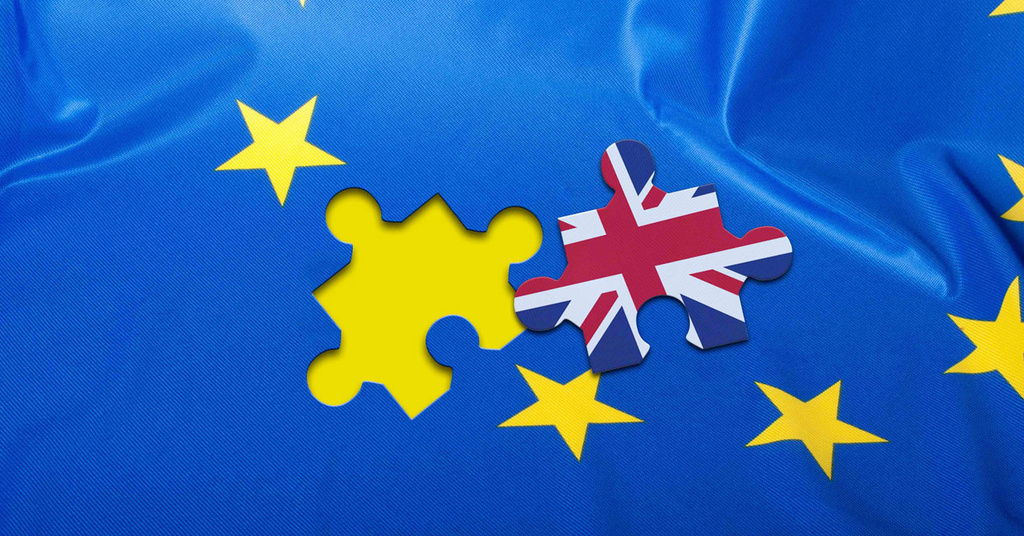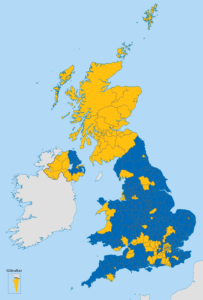Brexit Through the Gift Shop
 Picture courtesy of portal gda via Flickr Creative Commons https://flic.kr/p/J53c63
Picture courtesy of portal gda via Flickr Creative Commons https://flic.kr/p/J53c63
In just mere weeks the world will be a year removed from being helpless bystanders as the British people decided they wanted tighter borders, less globalization, and bendier, and therefore more patriotic, bananas. Pure frenzy captivated the United Kingdom in the lead up to the referrendum which initiated Britain’s exit from the EU. The nicknames, the NHS buses, the not-so-veiled racism, and the blabbering buffoonery of a clumsy man with a petrified white bowlcut all created a circus which showcased everything but the real effects of Britain leaving the EU. The lead up to “Brexit,” as it was christened in said media frenzy, was closer to a pop culture phenomenon than a tense political debate which would decide the fate of the country for decades to come. In a modern day incarnation of Gore Vidal’s debates with William Buckley, political theory heavyweights David Beckham and John Cleese shared opposing opinions on the matter of whether Britain should stay or leave the EU over social media. Pre-referendum conversation vacillated between the ridiculous and the outright xenophobic, surviving on the fuel of emphatic narratives about both class and generational divides.

Since the referendum, Brexit has meandered closer towards being the ominous background music to snap elections and Othello-esque betrayal. Perhaps it is due to the rollercoaster-esque sensibilities manifesting in British politics over the past year, but Brexit now only feels like a whimper in the tumult. Now comes the boring part. Article 50, the clause which ensures that Britain’s casual commitment to leaving the EU becomes a very significant reality, was triggered, trade negotiations are ensuing, and political maneuvering is sure to follow. Over the next few months this blog will aim to give a sense of public relevance to a gruelling process. What are the actual ramifications of protectionist policies? Who bears the brunt of the damage if ministers like David Davis can’t engineer a favourable trade deal? Is Brexit actually a populist movement for the uplifting of the working class? How is immigration affected and what does that mean for immigrants who are already settled in the UK?
While Brexit will affect the world in a multitude of ways, this blog will attempt to zero in on how average voting Britons are affected by the developments of Brexit, and hopefully by the end we can get a true sense of what, and importantly who, this anti-globalist movement actually stands for. Brexit can also be viewed as a harsh lifelong reality imposed on the “Millennials” of Britain, the majority of whom voted to Remain, but will have to live with the ramifications of leaving the EU for decades. As someone who is both young and English, I hope to offer a perspective in line with this somewhat hard done-by demographic in conjunction with providing more objective analysis. The developments leading up to the UK’s absolute exit from the EU, around two years from now, are likely to both have historic implications and tangible impact for all of Europe. Stay tuned for a millennial expatriate’s perspective, hot takes and all, on what is sure to be another year of drama in British politics.
